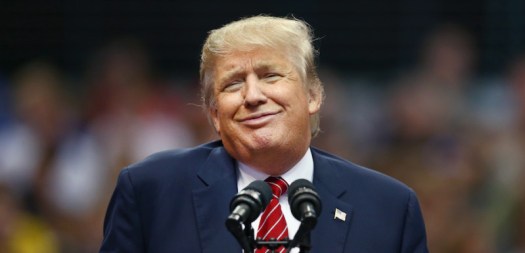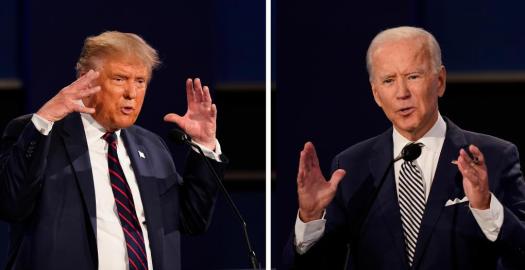“More people watch CNN than any other news source,” they tell us, another assertion of the demented state of the populace. But for world news in Mexico there isn’t much choice. In English it’s CNN International or Fox News. I finally signed up with SKY TV to get both and also to watch SKY’s sports coverage.
It was fun for a while. Then it seemed CNN was dumping ads and promos on us every five minutes. And they have kept repeating the same ones constantly: Africa has apparently taken on CNN as a wholly owned subsidiary; more recently, it’s Japan. And we continue getting the same old promos for their tired anchors like Becky (“It all Stahts Heah”) Anderson.
I just had to boycott much of this stuff. When the commercials came on, I switched to Fox, than back to CNN after getting nauseated with Tucker and his guests. There is no loyalty possible on cable. The news media informs us, corrupts us, and too often deceives us.
 The latest instance of that is CNN’s recent two-hour special, “Covid War: The Pandemic Doctors Speak Out,” which came on last Sunday and will be repeated this coming Friday (8:00 ET). Here is a good positive review of the show if you didn’t see it. You should see it.
The latest instance of that is CNN’s recent two-hour special, “Covid War: The Pandemic Doctors Speak Out,” which came on last Sunday and will be repeated this coming Friday (8:00 ET). Here is a good positive review of the show if you didn’t see it. You should see it.
Six principal doctors, including Fauci, were interviewed by Sanjay Gupta, as the show tries to set the record straight about how the Trump administration politicized the pandemic from the beginning and caused many thousands of unnecessary deaths.
The doctors’ revelations are sometimes gripping, sometimes trite. Yet often they seem trying to rehabilitate their reputations, glossing over past remarks and attempts to placate the Trump crew and keep their jobs. Deborah Birx is the prime example of that, and her remarks testify to the pressure she felt.
Says Vox, “That the Trump White House was engaged in politically motivated wishful thinking instead of trying to save lives was painfully obvious by late March 2020. And yet Birx opted to try and stay in Trump’s good graces instead of telling the public the truth.”
CNN presents all these interviews without much commentary by Gupta. That’s fair enough, but they can’t stand on their own. The truth behind them is multiplex. Despite their possibly good intentions, these doctors functioned as enablers, one and all.
The show’s apologetic one-sidedness is why so many distrust the media. Polarization just gets reinforced. CNN has many good anchors and hosts who respect the multiplicity of truth. Among them are John Berman, Pamela Brown, and Jim Acosta. The network’s well-paid stars like Chris Cuomo and Anderson Cooper are something else.
There is no excuse for Chris Cuomo being on the air, especially after his gigs with brother Andrew and getting special treatment for Covid. His smug, brassy commentary is my nightly invitation to shut him off and, God help me, switch to Tucker Carlson for a change of ego. Anderson Cooper can speak like a robot. He often runs over his own words but gets paid $12 million a year for his drawn-out pauses while thinking up a response to a difficult interviewee.
CNN management may well be facing some hard choices soon lest they forfeit their most-watched standing. Media politics as usual isn’t going to cut it. Indeed, they have demonstrated that media politics makes strange bedfellows.












